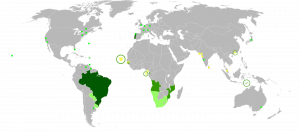We all know how charming Portuguese is (and sometimes a little complex) but despite being spoken by many people (around 290 million people!), there are so many things that are still unknown. Today we’ll be talking about interesting facts about our beloved Portuguese.
1. It’s the official language in 9 countries: Portugal, Brazil, Angola, Mozambique, Cape Verde, Guinea-Bissau, East Timor, Equatorial Guinea, and São Tomé and Príncipe.
(https://en.wikipedia.org/wiki/Portuguese_language)
2. It’s also the official language in Macau, a city and special administrative region located in China! It’s spoken by over 600,000 people.
3. Only 5% of Portuguese speakers live in Portugal.
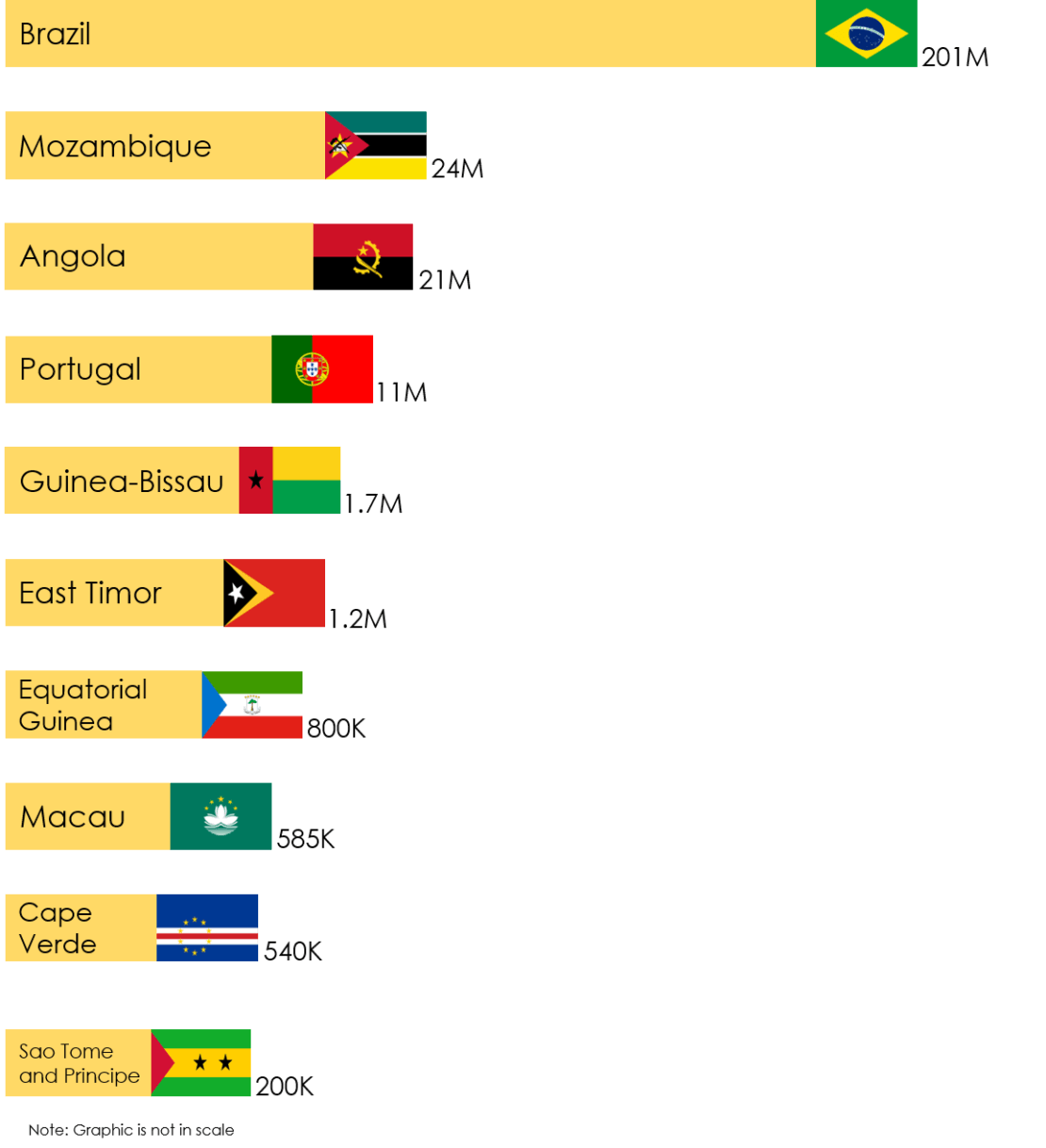
(https://www.argosmultilingual.com/blog/the-portuguese-spelling-reform)
4. During the Roman Empire, there were two types of Latin that used to be spoken: the classical and the vulgar Latin. The vulgar Latin was the version spoken by ordinary people and Portuguese was one of the languages that originated from it as well as Spanish, French, Italian and so on… It was first spoken in Galicia, north of Portugal and northwest of Spain.
(https://www.quora.com/What-is-Vulgar-Latin)
5. There’s a very strong Arabic influence in the language because of the Moors invasion in Portugal and Spain in the 8th century. For example, words that start with al- are influenced by Arabic (alface, almofada…)
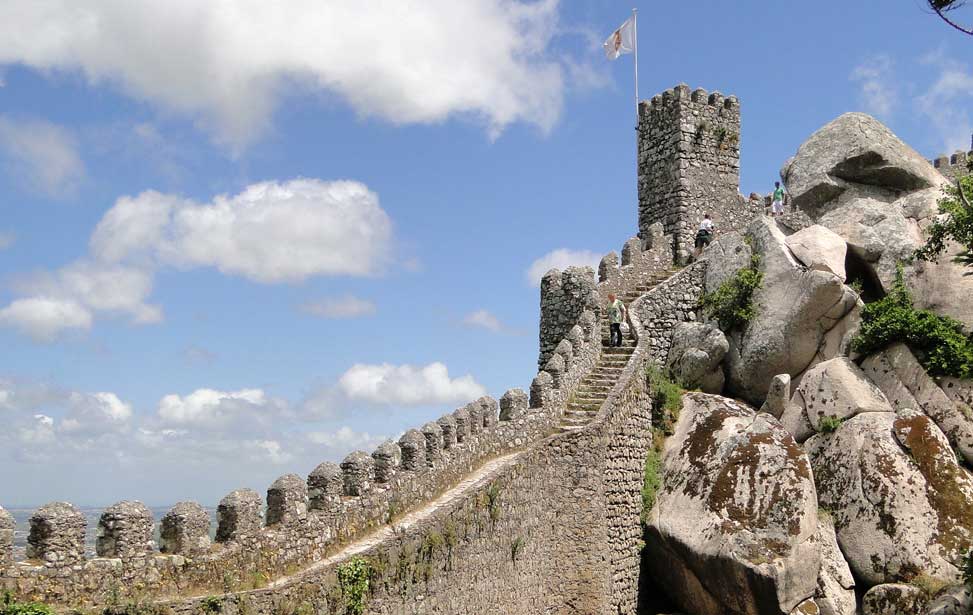
Castle of the Moors in Sintra, Portugal (https://www.madaboutsintra.com/moorish_castle.html)
6. English has borrowed some words from Portuguese, such as albino, banana, breeze (from briza), cobra, embarrass (from embaraçar), jacaranda, mosquito, zombie (from zumbi)…
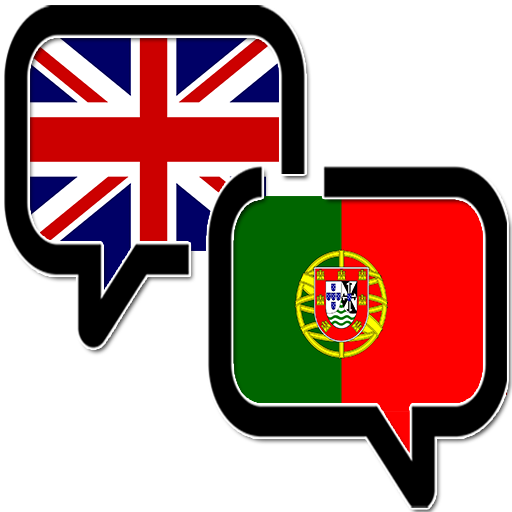
(https://www.amazon.com/VD-Offline-English-Portuguese-Dictionary/dp/B00MR0DYUY)
7. Portuguese only had 23 letters until 2009. The letters K, Y and W were added afterwards.
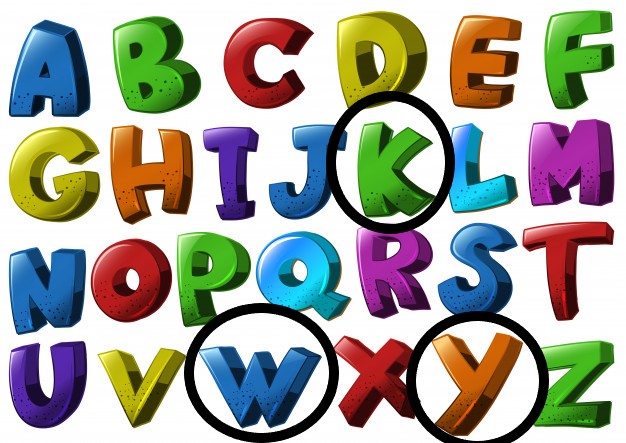
(http://www.xn--espaovivianelais-fpb.com/2018/04/novo-acordo-ortografico.html)
8. Brazil and Portugal signed an Orthographic Agreement in 1990 because before then there used to be different spelling conventions. Portugal started following the agreement in 2009 whereas in Brazil it became mandatory only in 2016. One of the changes was the removal of the umlaut/trema (¨) in words, such as linguiça (it used to be lingüiça)
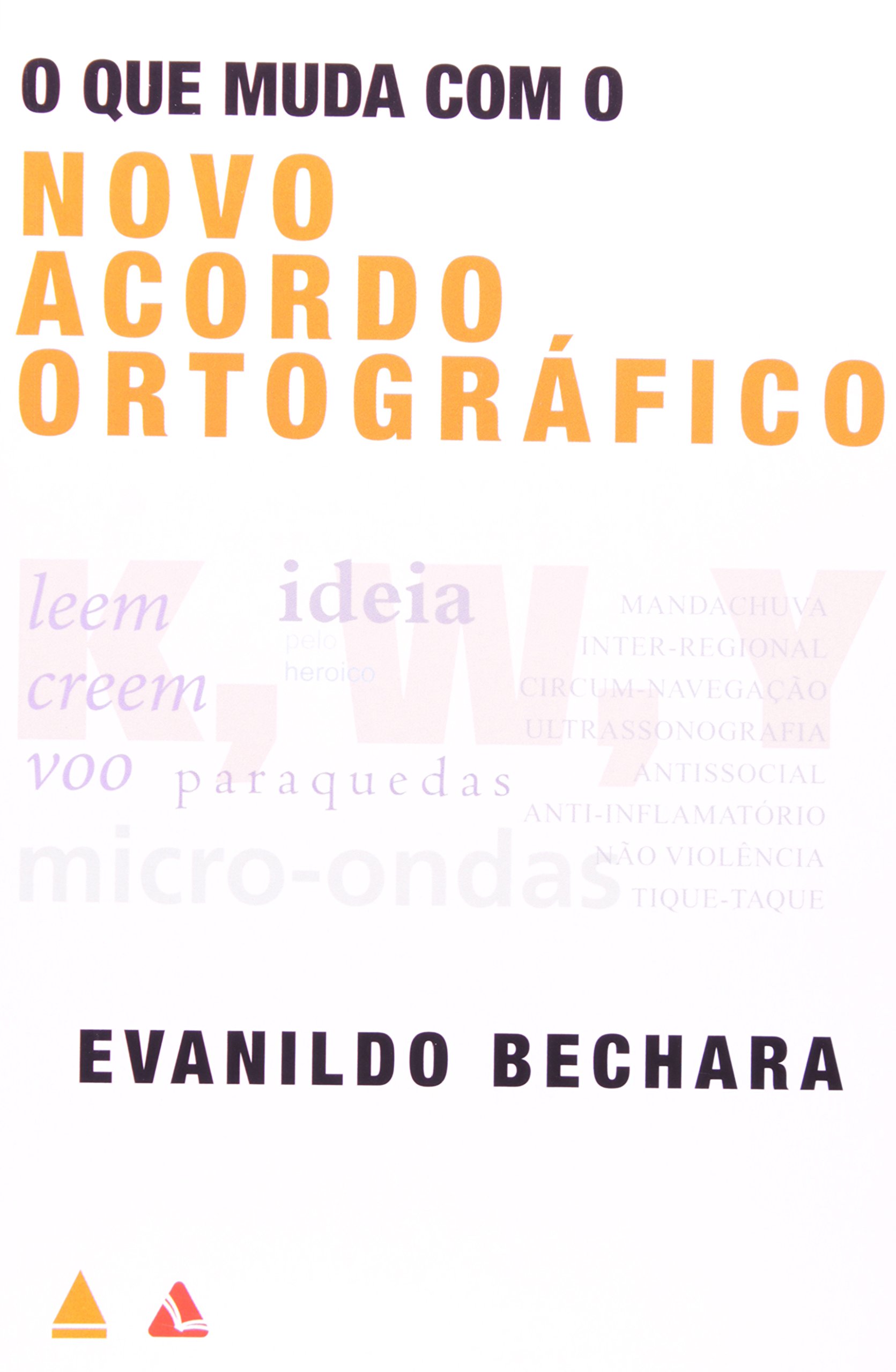
Did you like to learn these facts? Did you know any of them? What other interesting things do you know about the Portuguese language? Let us know in the comments!
Luciana Veloso


